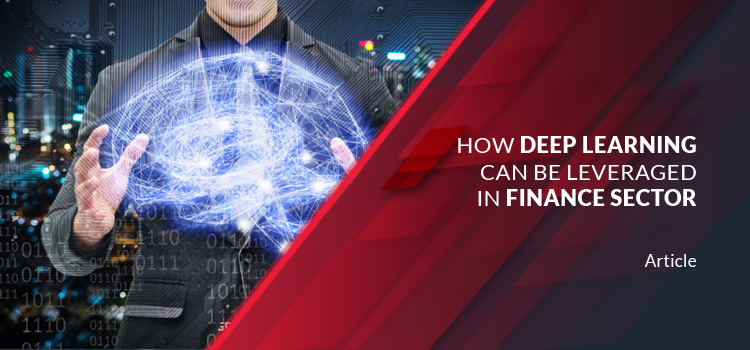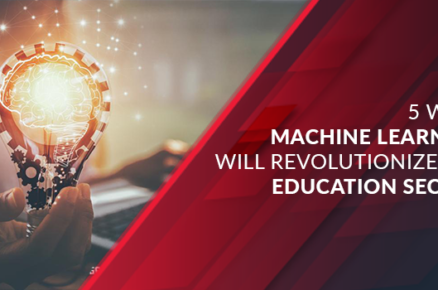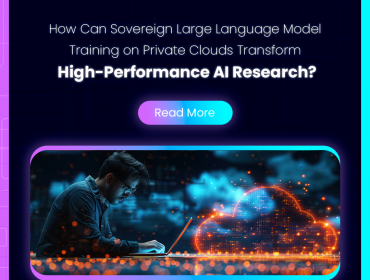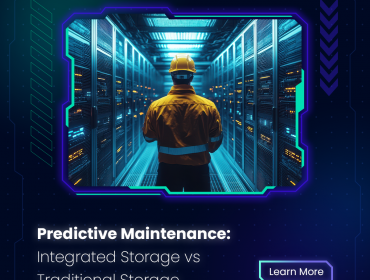Deep learning technology is reaping very rapid gains in the financial services industry, and an increasing number of organizations are now utilizing it to enhance the customer experience. Gartner predicts that by 2020, 85% of customer relationships with an enterprise won’t involve interacting with another human.
Instead, deep learning is expected to be leveraged in order to create a much more streamlined and rewarding customer experience. Some of the primary ways deep learning can be used in financial services and some of the benefits of this technology are:
Deep learning and banking
Determining a fair pricing strategy on increasingly complex banking products like corporate credit cards and merchant acquisitions has never been an easy affair. Banks have struggled with for years in this context. Leveraging advanced analytics has recently been a game-changer, and puts financial institutions in a much more favourable position.
According to McKinsey & Company, “Using new data sources, technologies, and modeling techniques, these early adopters are providing front-end staff with in-depth views of customers and prospects, including such information as to their product-acceptance probabilities, price sensitivities, propensities to churn and lifetime values.” In turn, bank managers can provide more personalized customer experience and offer extremely targeted pricing for each micro-segment.
This will create a competitive advantage, by gaining in-depth insights through Deep learning, banks can now fine-tune their products and services, keeping in mind their customers happiness, and reduce customer attrition rates.
Robo advisors
A pivotal part of the financial service industry, globally, is providing customers with financial guidance. Customers have historically used portfolio management services – something that’s quite labor-intensive – but Deep learning has changed that to a huge extent. Customers can now receive excellent advice from robotic advisors based on incredibly detailed analyses based on big data that is fed to the system to make strategic decisions and improve their financial health.
For example, Wealthfront, which is an automated investment service, now provides financial advice through a smartphone app. They now use advanced software that’s programmed to follow smart investment strategies and identify the best opportunities all possible with the large amount of data that is now available for analysis by data scientists. And the Deep learning capabilities ensure their software grows smarter and smarter as it accumulates more data. The best part is that it can use a wide variety of strategies so the experience is fully customized for each individual customer. Not only that, it’s far more cost-effective than hiring a traditional financial advisor – something most people will appreciate.
Algorithmic trading
Trading is a famously complex and robust process that requires access to enormous volumes of data for effective and suitable decision-making processes. That’s something Deep learning can help with as well. “Algorithmic traders generally make use of high-frequency trading technologies, which can enable a firm to make tens of thousands of trades per second which is humanly impossible,” explains James Chen, Director of Trading & Investing Content at Investopedia. “Algorithmic trading can be used in a wide variety of situations including order execution, arbitrage, and trend trading strategies.” By utilizing these kinds of robust and advanced technologies, traders are able to quickly buy and sell assets, which give them a much needed edge which would otherwise be impossible. No matter how skilled and knowledgeable a human trader may be, they simply can’t compute massive amounts of data in seconds as Deep learning software can. As a result, they can be far more strategic as well as backed up with trends and data that can be much more reliable with their trades, greatly increasing the odds of big profits.
Customer service
Great customer service is the lifeline and the reason for the longevity of nearly every business. It’s what leverages customer loyalty, and opens the door for cross-selling opportunities, improves brand reputation, and makes a company even more profitable. Organizations are therefore always looking for ways to better their customer service. Deep learning has several applications here. One is helping chatbots interact more fluidly with customers. By leveraging vast quantities of data, chatbots can better analyze when someone is feeling irritated and frustrated and come up with an appropriate response to resolve the situation. Another is identifying customer intent, deep learning can figure out why a particular customer is contacting a business based on previous data, and promptly direct them to the appropriate party and helps in a quick resolution to issues. For instance, a customer may be routed to a particular sales agent who is best suited to handle their inquiry. In addition, it can be used to identify the optimal channel for contacting customers, such as email, text, Facebook Messenger, and so on. This is important because every person has their favorite means of contact, which nullifies a lot of friction.
Risk management
Financial organizations can significantly lower their risk level by applying various Deep learning techniques and technologies. Say a bank is looking to assess a customer’s risk level when applying for a mortgage. Now they can manage this risk much more effectively by analyzing many data sources with more layers of information than was ever possible in the past with humans, this also happens much more accurately. Rather than being limited to basic information like someone’s credit score, they can analyze large volumes of personal information to reduce their risk. And by using an advanced process like web data integration, they can greatly improve the quality of their data and make it easily digestible.
Talk to Tyrone about how we can support your journey with products and solutions engineered to accelerate transformation and business growth.
Learning about Deep Learning: https://tyronesystems.com/aiforbusiness












